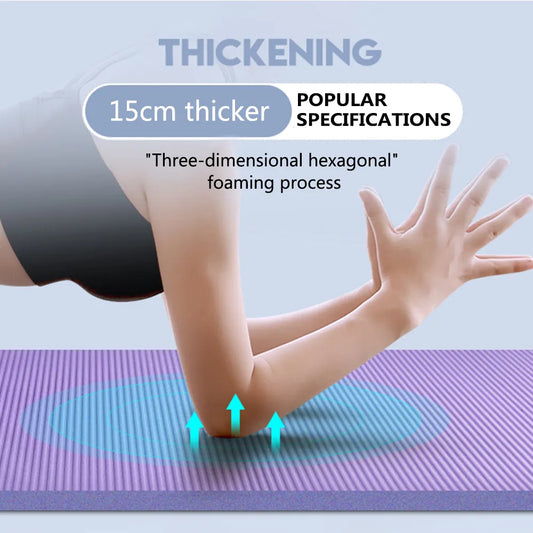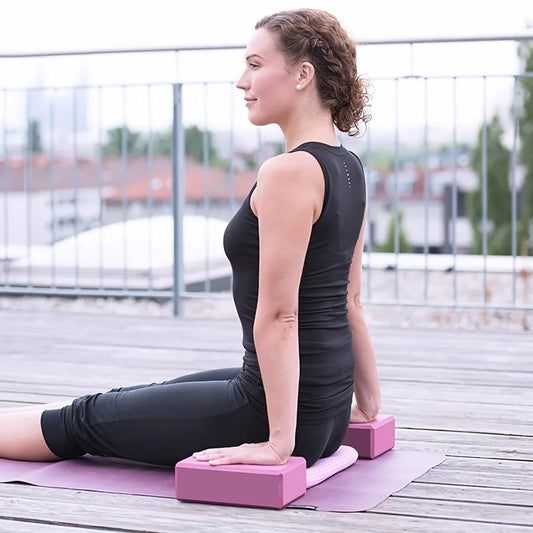Nutrition and fitness are closely interconnected and play complementary roles in achieving overall health and well-being. Here's how nutrition and fitness work together to support a healthy lifestyle:
-
Energy Balance: Nutrition provides the fuel necessary to power physical activity and exercise. The calories consumed through food and beverages serve as the body's primary source of energy, fueling workouts and supporting metabolic processes. By maintaining a balance between energy intake (calories consumed) and energy expenditure (calories burned through physical activity), individuals can achieve and maintain a healthy weight and optimize overall health.
-
Nutrient Timing: Proper nutrition before, during, and after exercise is important for maximizing performance, recovery, and results. Consuming a balanced meal or snack containing carbohydrates, proteins, and fats before a workout provides the body with the energy and nutrients needed to fuel exercise and sustain performance. Post-workout nutrition, such as a combination of carbohydrates and proteins, helps replenish glycogen stores, repair muscle tissue, and promote recovery.
-
Muscle Building and Repair: Protein is essential for building and repairing muscle tissue, making it an important component of a fitness-focused diet. Consuming an adequate amount of protein, along with sufficient calories and nutrients, supports muscle growth, strength gains, and recovery from exercise. Including protein-rich foods such as lean meats, poultry, fish, eggs, dairy products, legumes, nuts, and seeds in your diet can help support muscle health and fitness goals.
-
Hydration: Proper hydration is crucial for optimal athletic performance and overall health. Water supports temperature regulation, nutrient transport, joint lubrication, and the elimination of waste products from the body. Staying hydrated before, during, and after exercise helps prevent dehydration, maintain electrolyte balance, and support cardiovascular function. Fluid needs vary depending on factors such as activity level, environmental conditions, and individual sweat rate, so it's important to drink water regularly throughout the day and during workouts.
-
Micronutrient Support: In addition to macronutrients like carbohydrates, proteins, and fats, micronutrients such as vitamins and minerals also play important roles in supporting fitness and exercise performance. Nutrients like iron, calcium, magnesium, vitamin D, and B vitamins are particularly important for energy metabolism, muscle function, bone health, and overall vitality. Consuming a varied and balanced diet that includes a wide range of nutrient-dense foods can help ensure adequate intake of essential vitamins and minerals to support fitness goals and overall health.
-
Body Composition: Nutrition and fitness work together to influence body composition, including muscle mass, body fat percentage, and overall body composition. Regular physical activity and exercise, combined with a balanced diet that supports energy balance and muscle health, can help individuals achieve and maintain a healthy body composition. Resistance training, in particular, is effective for building muscle mass and increasing metabolic rate, which can support weight management and body composition goals over time.
In summary, nutrition and fitness are interconnected components of a healthy lifestyle, with each playing a crucial role in supporting physical health, performance, and overall well-being. By prioritizing both nutrition and fitness and adopting a balanced approach to diet and exercise, individuals can optimize their health, achieve their fitness goals, and enhance their quality of life.




















